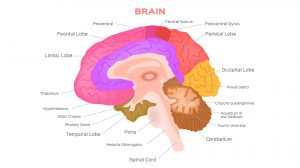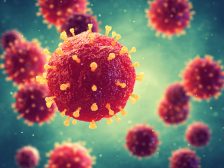Lysogenic conversion –>
lysogeny
(Science: virology) The ability of some phages to survive in a bacterium as a result of the integration of their dna into the host chromosome. The integrated dna is termed a prophage. A regulator gene produces a repressor protein that suppresses the lytic activity of the phage, but various environmental factors, such as ultraviolet irradiation may prevent synthesis of the repressor, leading to normal phage development and lysis of the bacterium. The best example of this is bacteriophage lambda.
Dictionary > Lysogenic conversion
You will also like...

Freshwater Ecology
Freshwater ecology focuses on the relations of aquatic organisms to their freshwater habitats. There are two forms of co..

Developmental Biology
Developmental biology is a biological science that is primarily concerned with how a living thing grows and attains matu..

Human Neurology
Human Neurology deals essentially with the nervous system of humans. It also features the various theories put forward b..

Digestion and Absorption of Food
The gastrointestinal system breaks down particles of ingested food into molecular forms by enzymes through digestion and..

Biological Viruses
Viruses possess both living and non-living characteristics. This unique feature distinguishes them from other organisms...

The Dinosaurs
Dinosaurs represented a major turn in the evolutionary development of organisms on Earth. The first dinosaurs were presu..

